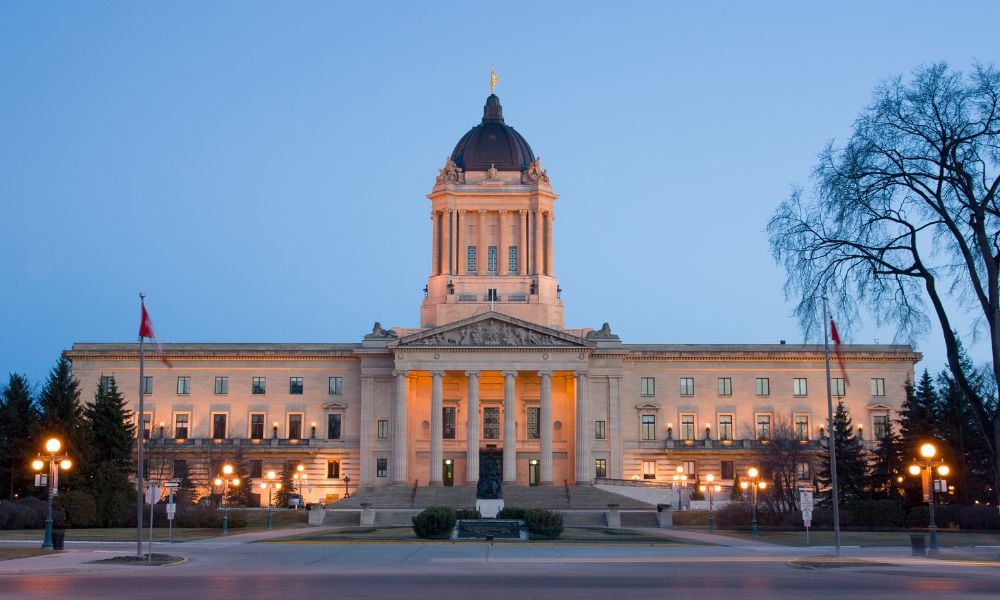
Legislation will come into force this November, advocate will report to legislative assembly

The Manitoba government plans to proclaim the Seniors’ Advocate Act on Nov. 1, which will create an independent seniors’ advocate to act on behalf of seniors in the province, announced Uzoma Asagwara, Manitoba’s health, seniors, and long-term care minister.
“Our government is committed to making sure seniors are safe, healthy and supported so that they can live a good life as they age,” Asagwara said in Manitoba’s news release.
The appointed seniors’ advocate will set up an independent office of the legislature and report to the legislative assembly, said a news release from the Manitoba government. The seniors’ advocate will seek to identify and evaluate issues relevant to seniors and elders and make recommendations to the provincial government, the news release said.
In the government’s news release, Asagwara explained that these recommendations could cover a broad array of government services, including healthcare, housing, and government programs and support.
“Seniors and elders helped build our province, and they deserve to have their voices heard and their rights respected,” Asagwara said in Manitoba’s news release. “We saw during the pandemic what can happen when seniors aren’t given the respect and care they need.”
The Manitoba government’s page on the province’s laws provided more information on the Seniors’ Advocate Act.
The seniors’ advocate will serve a five-year term in office and will have the following responsibilities:
While fulfilling these responsibilities, the seniors’ advocate should consider the systemic issues encountered by seniors who are part of communities or groups facing racism or discrimination and the ways that initiatives relating to seniors’ services can potentially promote reconciliation between Indigenous and non-Indigenous peoples.
The seniors’ advocate can do the following to meet their responsibilities: